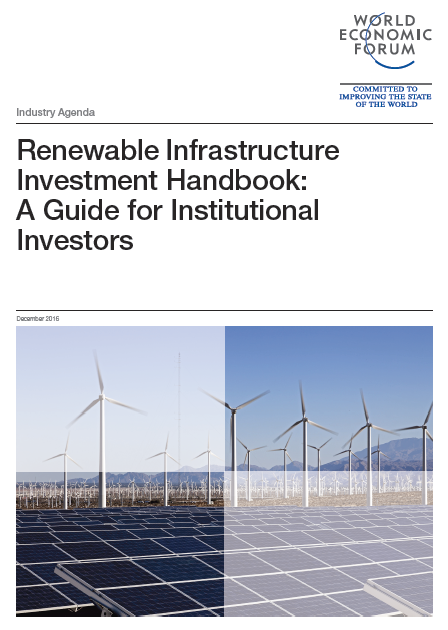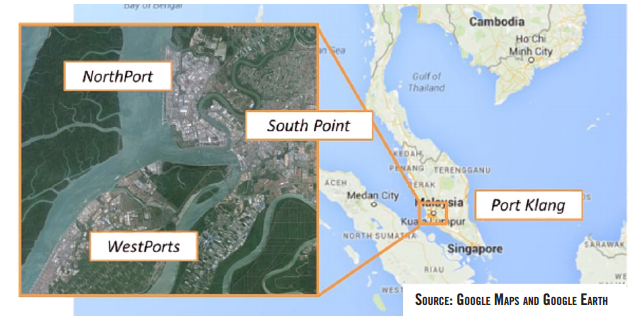1021 results found
Featured results



More results
This book provides a comprehensive evaluation of developing country power sector reform, sifting the evidence of whether reforms have contributed to improved sector outcomes.


This forum is a unique platform to catalyze partnerships that can rapidly bring to scale green growth opportunities bringing together governments from developed, developing and emerging economies along with the private sector.


Japan has built the resilience of its water supply and sanitation (WSS) services through an adaptive management approach based on lessons learned from past natural disasters. This experience offers key insights for low- and middle-income countries (LMICs) seeking to sustain and build resilience of WSS services.

Infrastructure projects in the Netherlands, such as the construction of roads, bridges and tunnels, have become larger and more complex in recent years. This thesis is about these kinds of infrastructure projects, about the challenges and tensions that go with them, about how people experience them and how they look jointly for solutions, and how they succeed or sometimes fail.





A presentation on the current state of the Indonesian economy and economic policy, including in infrastructure sector.


G20 Leaders endorsed the High Level Principles on Long-Term Investment Financing by Institutional Investors in September 2013, which is intended to help governments facilitate and promote long-term investment by institutional investors.


Private investment in infrastructure is dominated by the energy and transport sectors



This handbook provides institutional investors with an overview of opportunities and risks of investing in renewable energy infrastructure.


This policy brief reviews two aspects of independent regulation: institutional efficacy, including primarily autonomy, capacity, and accountability; and the mode of regulation, or the regulator's functional scope. Recommendations are made in the policy brief relating to the entire regulatory process.

This paper examines what factor facilitates most network expansion using micro data from 45 fixed-line and mobile telephone operators in 18 African countries by looking into network externailties and discriminatory pricing.
Infrastructure projects to carry out environmental impact assessments to prevent adverse impacts on the environment after project implementation.


The Malaysian government has improved the capacity and efficiency of its port infrastructure by involving the private sector.


This paper analyzes the economic impacts of the Second Mekong International Bridge linking Mukdahan Province in Thailand with Savannakhet Province in the Lao People's Democratic Republic using a general equilibrium model.

"We have multiple gaps to fund, requiring not billions, but trillions"
Transformative changes are needed to unlock infrastructure financing and fill multiple gaps in financing climate, biodiversity, and infrastructure gtargets.
This report indicates that although privatization, competitive restructuring, and regulatory reforms improve infrastructure performance, several issues must be considered and conditions met for these measures to achieve their public interest goals.

The Reference tool is meant to serve as a practical tool to help governments and other stakeholders understand and implement the critical success factors that deliver inclusive infrastructure.



InfraTech is defined by the G20’s Infrastructure Working Group (IWG) as “the integration of material, machine, and digital technologies across the infrastructure lifecycle” and is supported by three reference notes produced in collaboration between the G20 IWG, the World Bank and the GI Hub: 1) The InfraTech Stock Take of Use Cases; 2) The Value Drivers for InfraTech; and 3) The InfraTech Policy Toolkit.



 Infrastructure Monitor
Infrastructure Monitor

